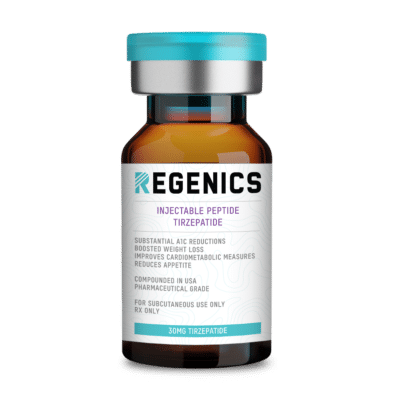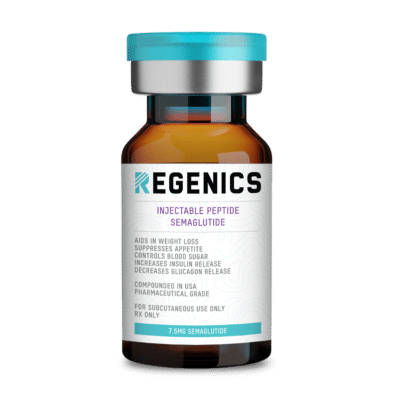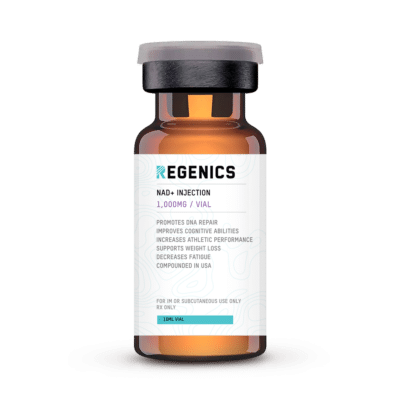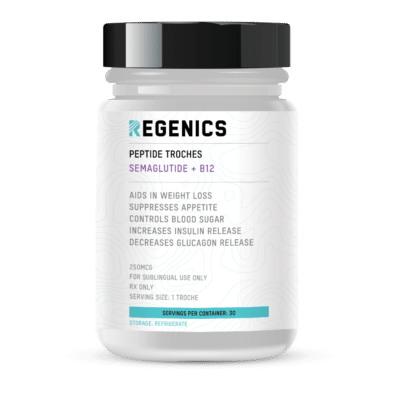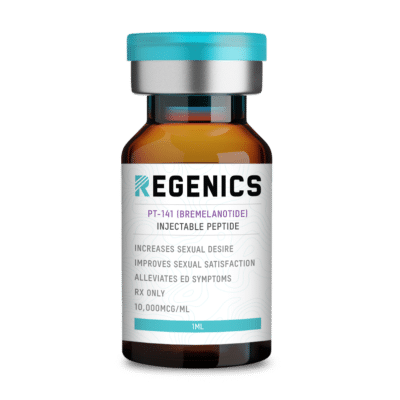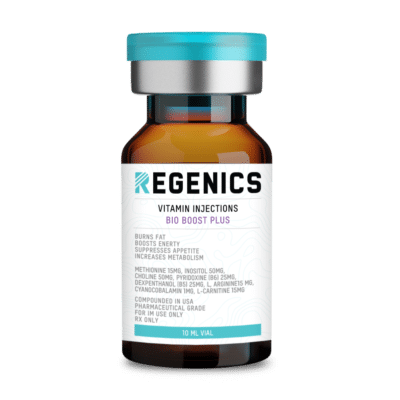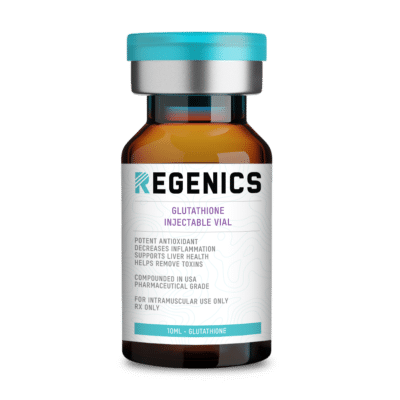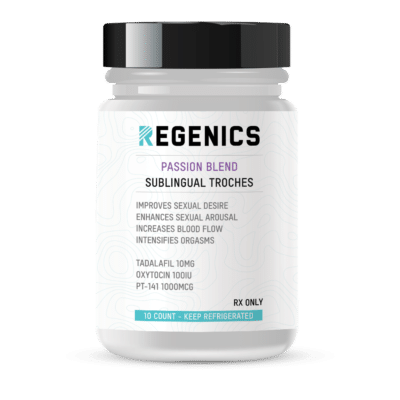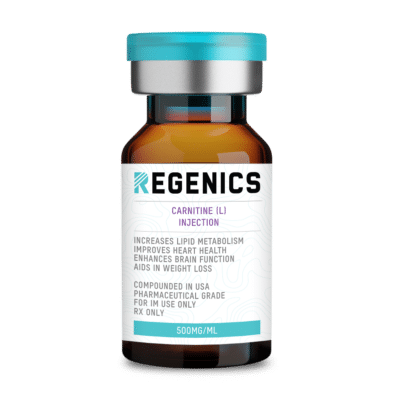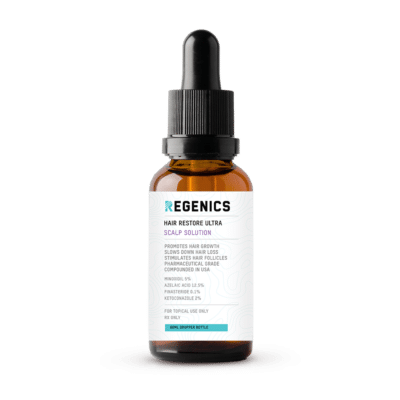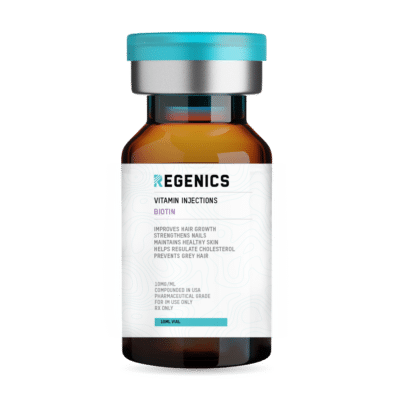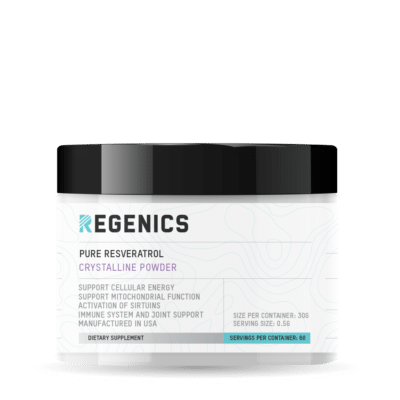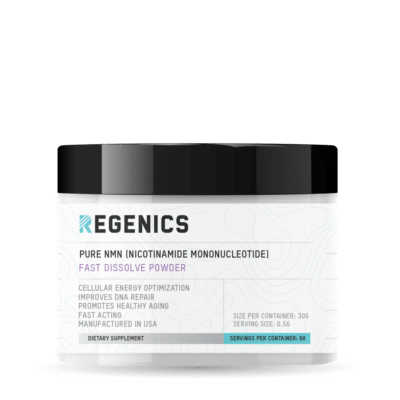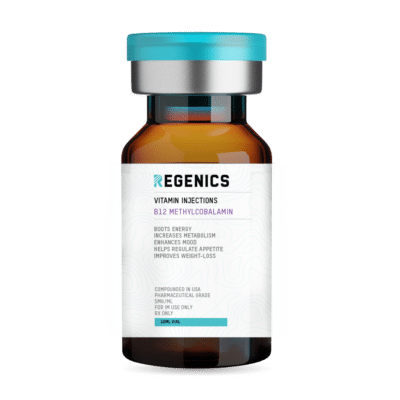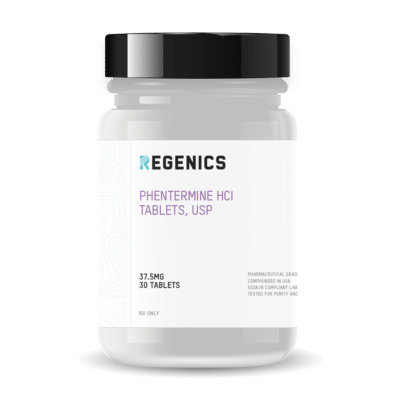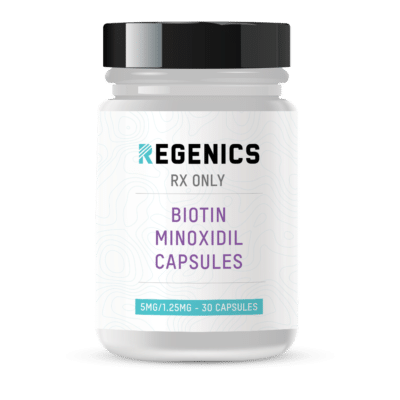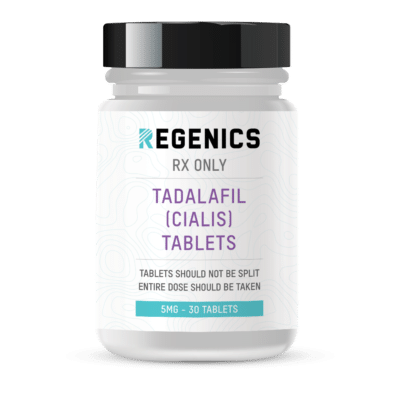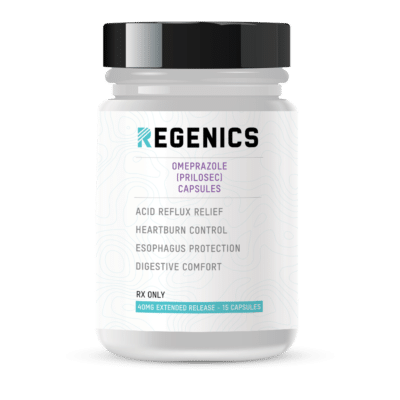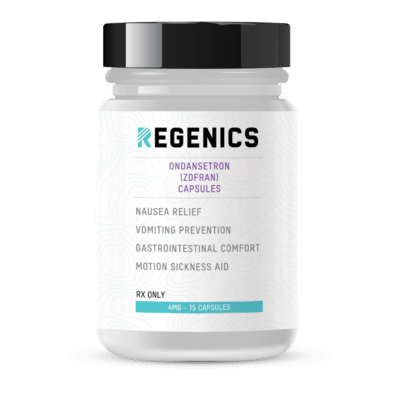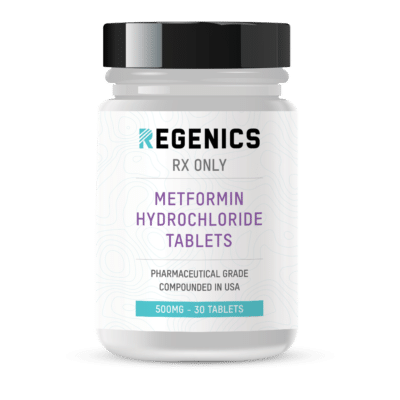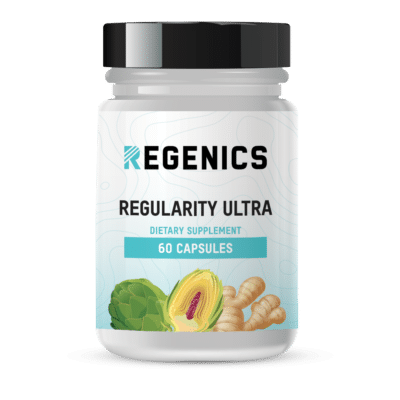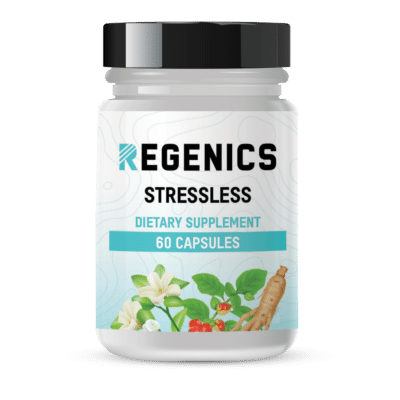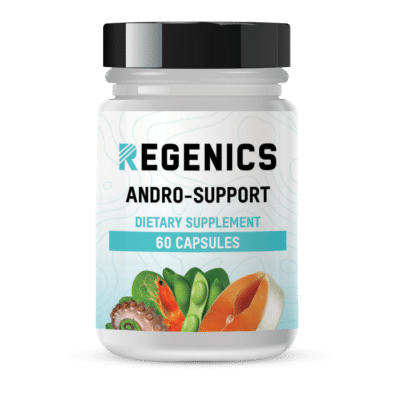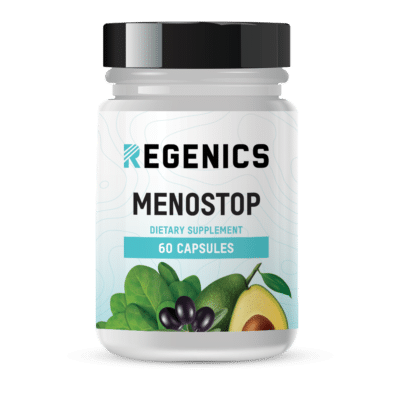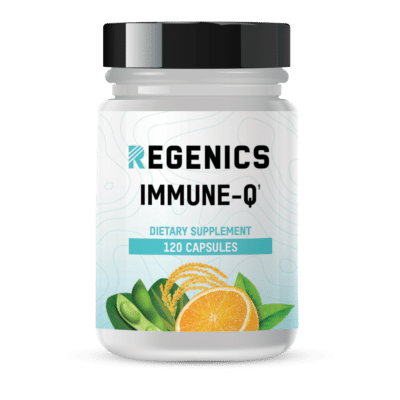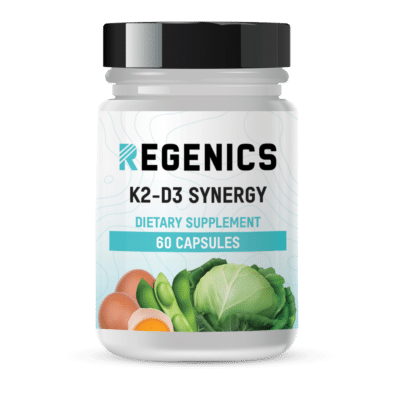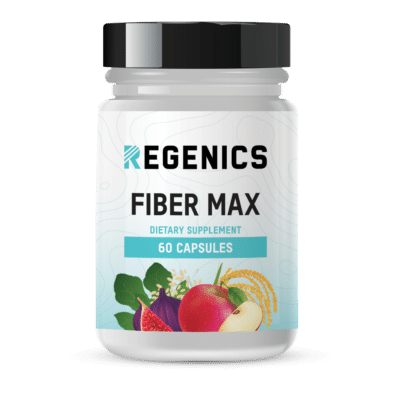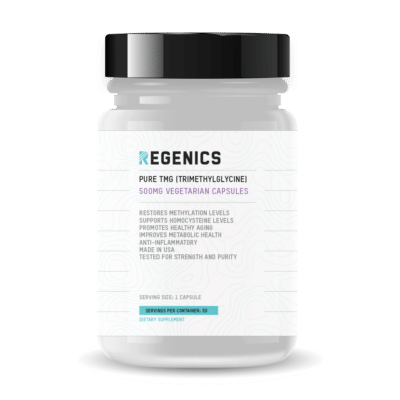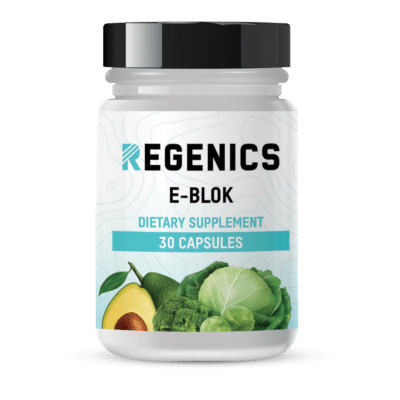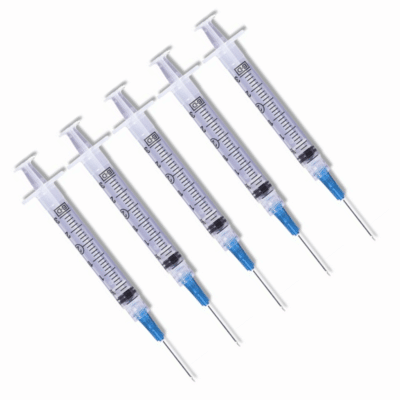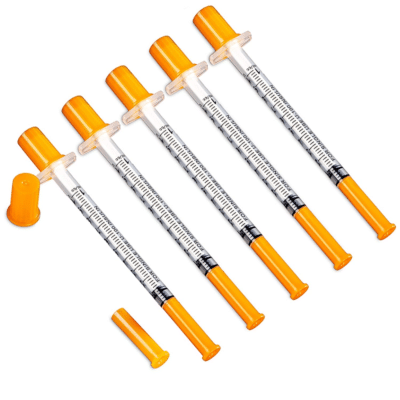If you’re in the process of starting testosterone replacement therapy, you might be curious as to how this treatment will affect your ability to have a baby. Luckily, there are experts that can offer you a wealth of information. We’ll cover how you can keep your fertility during this period, and what risks you might be taking.
Understanding the role of testosterone in fertilit
Testosterone, a male hormone, plays a vital role in the health and fertility of both men and women. It helps drive a number of processes in the body, including sex drive, sperm generation, and metabolism.
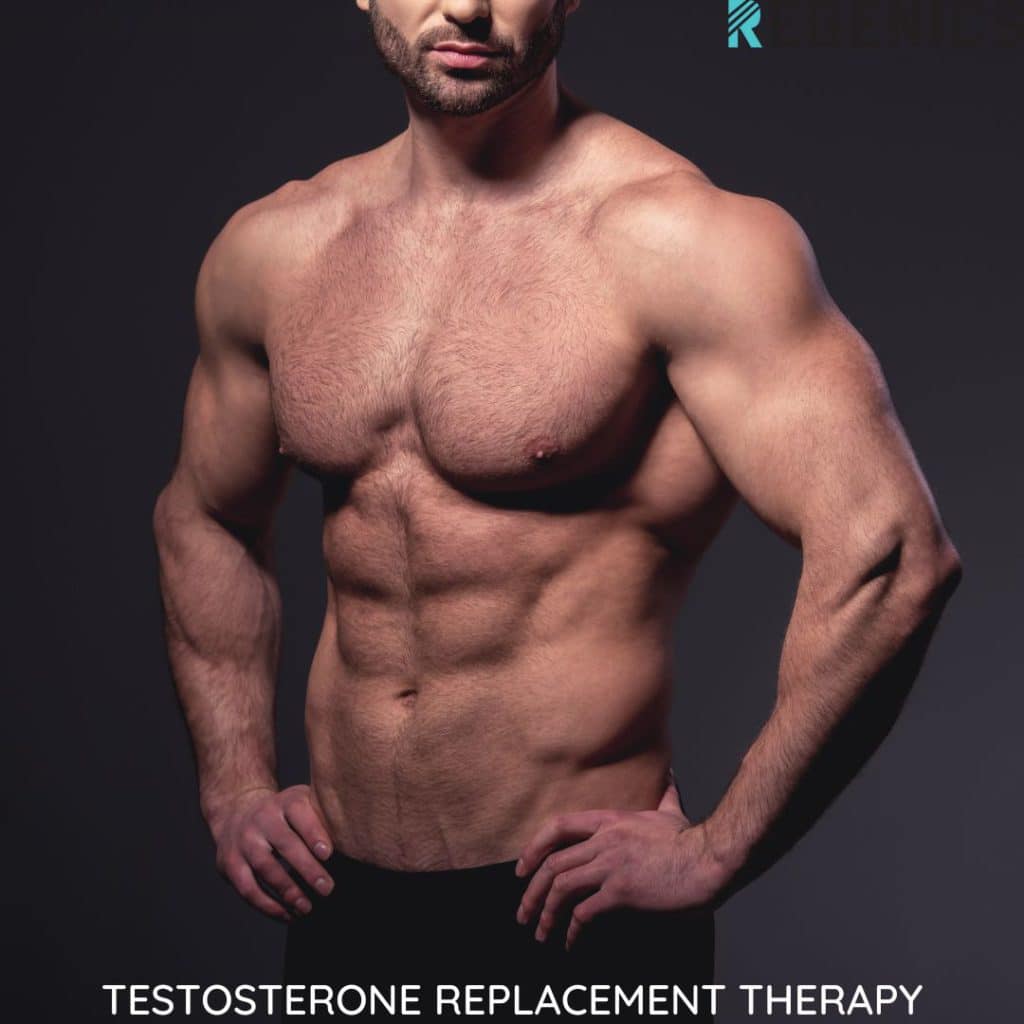
Testosterone is produced in the testes by the Leydig cells. These cells produce a hormone that works in tandem with follicle-stimulating hormone (FSH) to promote a healthy reproductive cycle. It’s important to have a balance between the two hormones, or else it may cause problems.
Low testosterone levels can cause many problems, from reduced sperm production to erectile dysfunction. It can also lead to infertility.
One of the main causes of infertility in men is hypogonadism. This condition can be inherited or acquired later in life. It can cause decreased sperm production, erectile dysfunction, and a decrease in sex drive.
Other factors that may affect testosterone levels include diet, exercise, and lifestyle. A person’s age can also play a factor. In addition, overweight or obese individuals are more likely to suffer from low testosterone levels than thinner individuals.
It is important to find out if you have a low testosterone level before you try to conceive. If you do, your doctor might recommend a combination of treatments to boost fertility. In some cases, you’ll need to start using testosterone replacement therapy.
testosterone therapy and sperm production
Testosterone replacement therapy (TRT) is a popular method for treating low testosterone levels. It’s intended to boost testosterone levels and improve the quality of life. However, it can have negative consequences for sperm production. It’s important for men to be aware of the risks involved with TRT.
TRT can reduce a man’s sperm count and the chances of getting pregnant. This is due to the way it suppresses FSH and GnRH. Usually, the sperm count begins to recover within a year of stopping treatment. But some men may be affected for a longer period.
To understand the long-term effects of TRT, it is important to evaluate its reversibility. One study found that most patients were able to recover from the effects of TRT. In fact, the rate of recovery was as high as 96% at the end of 16 months.
Other studies found that the reversibility of TRT varies from patient to patient. In addition, the time required to get back to full sperm production is longer than most people realize.
Fortunately, there are other methods to help men restore their fertility. These include the use of clomiphene citrate, an estrogen receptor modulator. A hormone that stimulates the production of testosterone, clomiphene has been shown to balance hormones that are essential for sperm production.
Preserving fertility during testosterone replaceme
Preserving fertility during testosterone replacement therapy (TRT) can be an important consideration for many men. If you’re concerned about your fertility, talk with your doctor. He may suggest a low dose of hCG, an off-label medication that can help you preserve fertility, or another treatment that will increase your sperm count.
Testosterone replacement therapy (TRT) is an option for some men who have had a drop in sperm counts. It adds testosterone to the blood stream, thus increasing the total level of testosterone in the body. The goal of TRT is to return the male to his normal, healthy sperm count.
Sperm production typically returns to normal within a year. However, some men might take longer. For example, some participants in a study reported that sperm production remained in low levels for several months after the cessation of TRT. This is attributed to the negative feedback mechanism that causes a decrease in testosterone secretion.
The negative impact on fertility has to be balanced against the benefits of increased sperm counts. Some studies have suggested that the effect of exogenous testosterone on sperm production can be countered by the use of hCG.
There is also the possibility of sperm freezing. This is a good way to preserve sperm for a future pregnancy.
Risks and benefits of testosterone replacement
Testosterone replacement therapy (TRT) is a treatment for low testosterone. This therapy can be beneficial, but it can also cause negative effects on fertility.
A man’s body naturally produces testosterone. The hormone helps with the development of muscle, bone, and hair. When a man’s level of testosterone is low, it can cause many problems, including sterility and erectile dysfunction.
A growing number of men are using testosterone therapy. This is particularly true in aging men.
The benefits of testosterone replacement therapy can include increased sex drive, improved energy levels, and improved symptoms of reduced bone mass. However, some of the risks of TRT include heart attack, stroke, and cancer.
In addition, TRT can reduce the number of sperm produced. Because testosterone can interfere with follicle stimulating hormone production, TRT can lead to infertility. Taking hCG alongside TRT may help offset this effect.
It can take a long time for the sperm count to recover. For some individuals, a year or more is required.
A decrease in testosterone can also lead to testicular atrophy. Testicular atrophy is the shrinkage of the testes, and it is a direct result of a reduction in spermatogenesis. The loss of spermatogenesis causes the Leydig cells to malfunction.
Expert insights on testosterone replacement
Testosterone replacement therapy (TRT) may offer a lot of benefits for men with low testosterone levels. It has been shown to improve the quality of life for hypogonadism patients, and it is accompanied by nutritional support and improved exercise capacity.
However, TRT can also have undesirable side effects. Men should be aware of the possible risks and side effects before beginning treatment. In addition, a man should consult with a reproductive specialist before starting TRT.
Experts believe that testosterone plays an active role in sperm production. It also helps in the development of follicles, which are part of the preparation for ovulation.
Testosterone can be taken in various forms, including gel, injections, or patches. The benefits of taking testosterone include better energy, improved sleep, and increased muscle mass.
In addition, some research suggests that testosterone has other benefits, such as reducing the risk of prostate cancer. Still, more studies are needed. Until then, testosterone replacement therapy has been studied in small-scale trials.
In terms of fertility, it has been found that a single-man testosterone concentration of more than 20 million units per milliliter will increase a woman’s chances of conceiving. But there are other ways to improve fertility. Among these methods, aromatase inhibitors can help balance the hormones required for sperm production.
What time of day should you take testosterone?
In a nutshell, testosterone is an important male sex hormone that plays a role in muscle and bone development as well as hair and sperm production. Aside from its sexy effects, it also aids in overall health and wellbeing. In order to maximize its benefits, you’ll need to keep a few things in mind, including the proper time of day to take it.
The best time to do this is in the early morning, when your body is in a prime state for synthesis. It’s also a good idea to eat a nutritious breakfast before you go to the doctor, as your liver will be more likely to function optimally, meaning you’ll be able to handle any testosterone shots you get. If you’re still in the market for a prescription testosterone supplement, there are several options out there.
As with most prescriptions, the best way to know if you’re taking the right dosage is to consult with your doctor. You may need to make adjustments or try a different testosterone brand altogether. If you’re not quite ready to commit to a full-blown regimen, it may be worth looking into testosterone topical products. These are often marketed in smaller doses, which can be applied in a variety of ways.
How much testosterone should I inject?
If you are thinking about getting testosterone injections, you will want to be aware of how much you should be injecting. This can vary from person to person. Your doctor will help you with the right dosage. If you do not follow his instructions, you may experience a variety of side effects. These include loss of hair on your head, breast enlargement, fatigue, and oily skin.
You will need to use a sterile needle to administer your testosterone injection. A 25 gauge needle will usually work well. You will also need a syringe with a 3 mL reservoir.
Before you get started, you will need to wash your hands. This will reduce the risk of infection. You should also clean the area where you plan to administer your injection. You can use an alcohol swab to do this.
When you are ready to inject, you will need to place the tip of the needle into the upper-outer quadrant of the butt cheek. The angle should be 90 degrees. This will ensure that the injection will go into muscle tissue.
Once the injection is complete, you will need to rinse the area with a sterile alcohol pad. This will keep the injection site free of bacteria.
